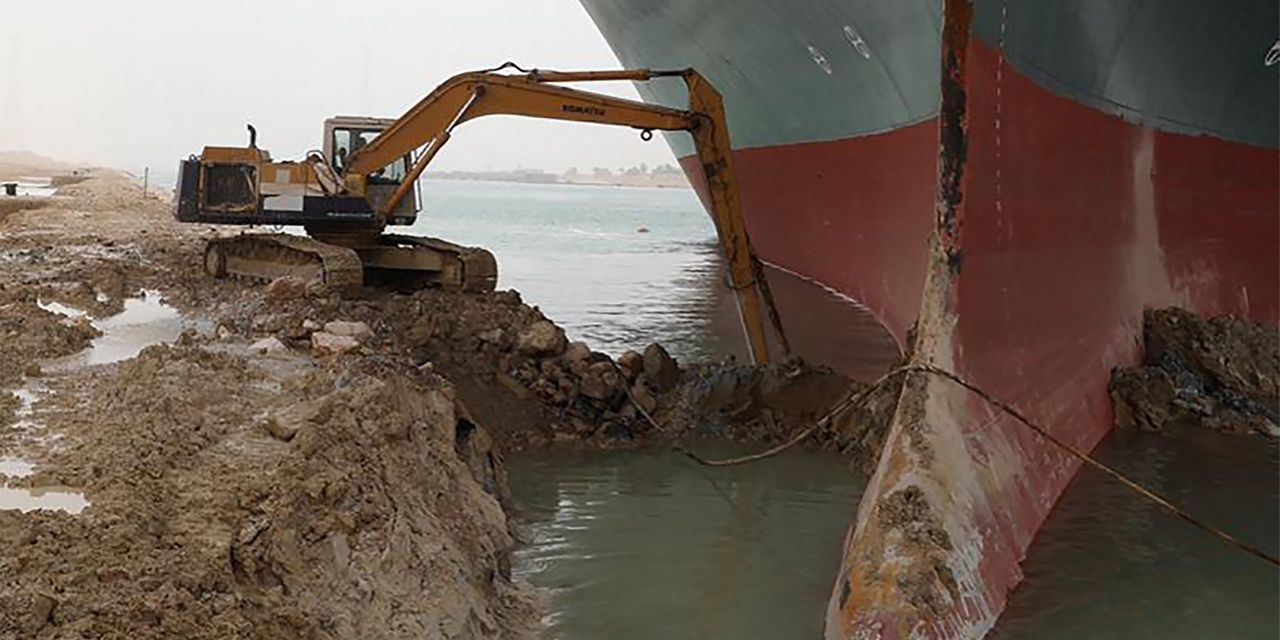““The modern world has not freed itself from distance and geography; it still relies on a network of vulnerable physical links””
The seas, skies, roads, pipes and space. The world’s economy is riding on these physical links whose either accidental or deliberate disruption could roil the global economy, say a team of Deutsche Bank strategists — Adrian Cox, Jim Reid and Galina Pozdnyakova.
And global impact from wars in Ukraine and now Israel are “magnified because of their strategic position near vital choke points,” they say. A case in point was the recent damage to an undersea gas pipeline and telecoms cable between Finland and Estonia which stirred memories of sabotage to the Nord Stream gas pipeline from Russia to Germany a year ago which was destroyed by an explosion.
Investors know of the vulnerable nodes, such as Taiwan’s semiconductor fabs, or the 0.5% of subway stations in London and Paris, whose failure could bring down half of the network, say the analysts.
However, they have come up with five less visible threats that they think aren’t being considered, and where an obvious alternative isn’t readily available, such as happened when a container ship that blocked the Suez Canal in 2021.
1.) Pipes and cables. Around 99% of international digital communications and $10 trillion in financial transactions daily pass through 550 active and planned fiber-optic cables that stretch 1.4 million kilometers. “Many are barely thicker than a garden hose,” and damage to just one of those could, for example, disrupt internet for millions. Buried in remote locations in international waters and outside of regulatory oversight, some have broken accidentally in the past, but others are vulnerable to espionage and sabotage. Then there are the undersea power cables, gas pipelines and oil pipelines to worry about.
2.) Roads, rails and rivers. The Democratic Republic of Congo and Zambia are Africa’s biggest copper producers and account for two-thirds of the world’s cobalt that’s transported on four poorly maintained major roads. Brazil, the No. 1 soybean exporter, relies as well on four ports and small roads. Sparsity of global rail systems is also a risk, while rivers are vulnerable to drought. The Rhine, Mississippi, and Yangtze have all seen crisis in recent years, with drinking water and hydroelectricity at times affected.
3.) Sea straights. While oceans cover 70% of the earth’s surface, just eight maritime chokepoints are used to pass oil, crops and container cargoes. More than 60% of oil supplies moves via sea, often through the vital Strait of Hormuz between the Persian Gulf and Gulf of Oman. Food trade, meanwhile, is concentrated through the Panama Canal and wheat through the Turkish Straits, while fertilizers run through a handful of vital straits. These chokepoints are at risk from collisions, terrorist attacks, blockades, wars and accidents. Alternative routes can take days to figure out, add the analysts.
4.) Air corridors. Deutsche Bank wants clients to think about an invisible network of routes, vulnerable to war, weather and air-traffic control strikes, with the biggest routes contained in a few major cities. And the top 20 global airports are responsible for 42% of total cargo traffic. In 2010, the biggest air-traffic shutdown since World War Two was caused by the eruption of an Icelandic volcano.
5.) Space satellites. A scattering of Global Navigation Satellite Systems (GNSS) are at the heart of communications and location-based technology, but the U.S.’s
Global Positioning System (GPS) is a big player, too big some say. Among the vital functions, satellites send signals to GPS chips in phones for 4 billion military and civilian users worldwide. The hardware is vulnerable to space debris, space storms and sabotage, and alternatives to U.S. GPS systems are actively being sought by other nations and companies.
Read the full article here








